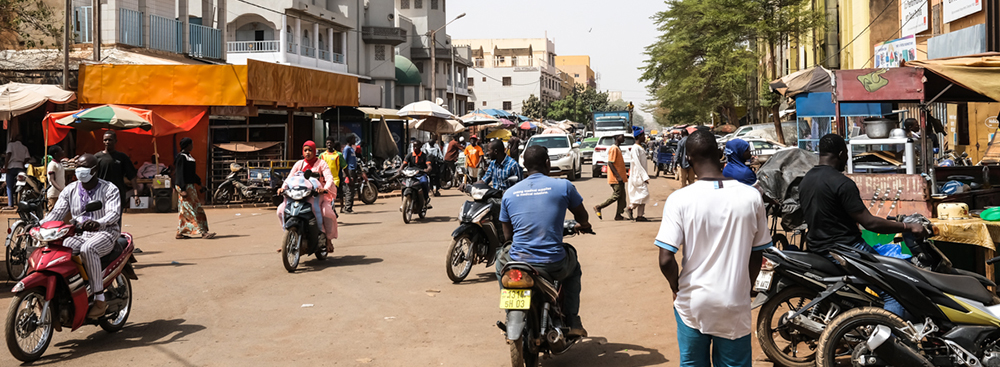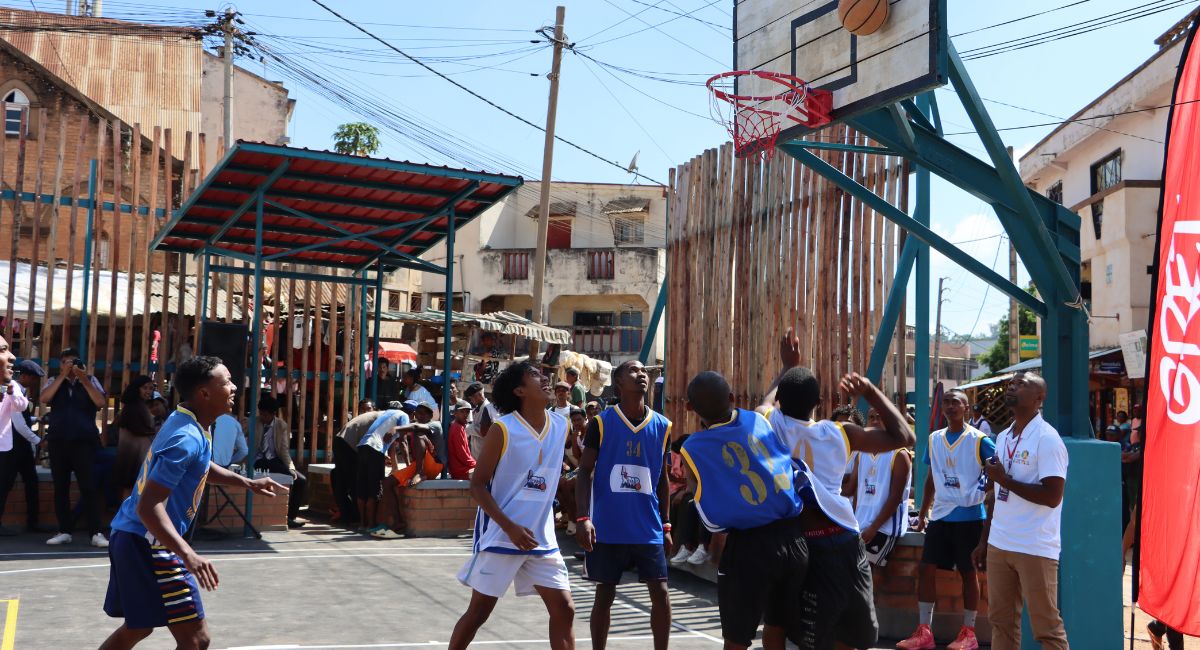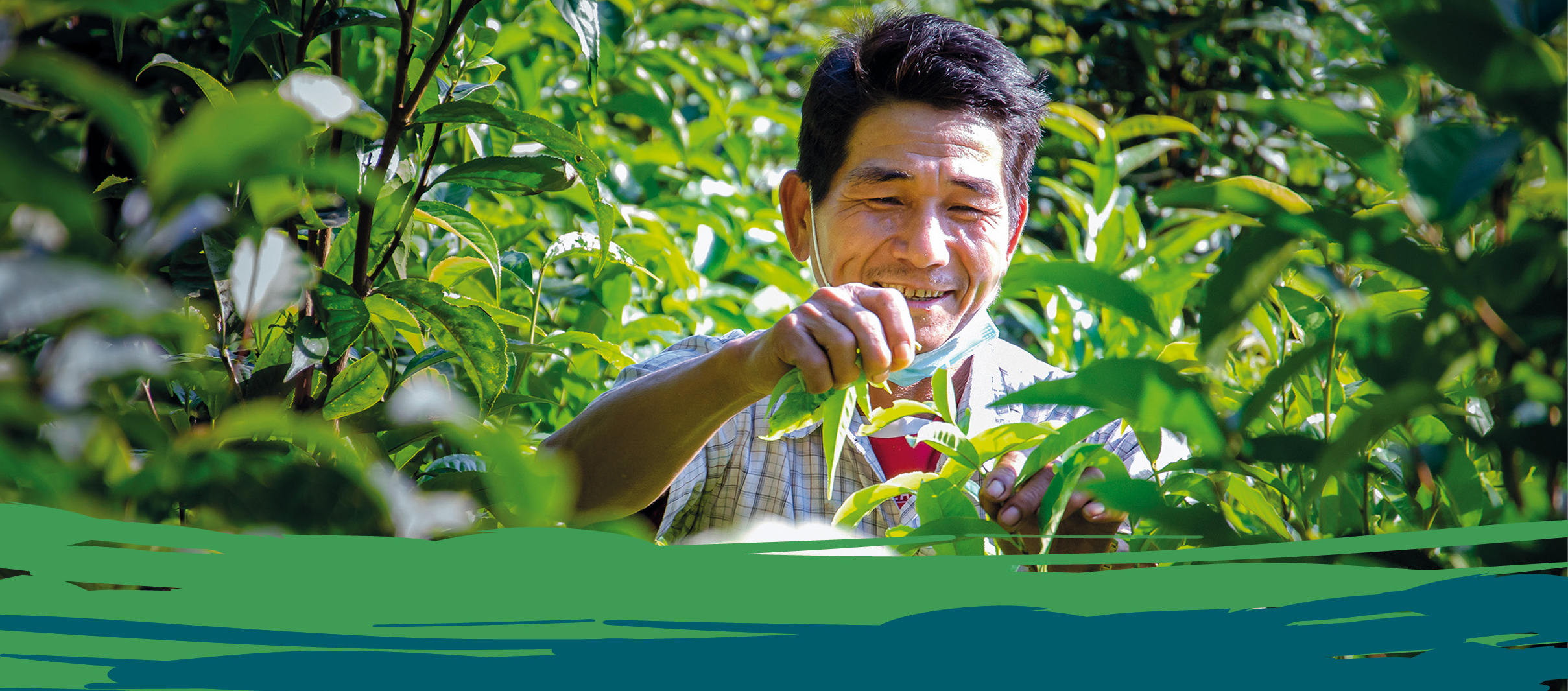Funded by the Agence française de développement (AFD), the Ouagadougou urban incubator in Burkina Faso is an innovative system implemented by GRET and Humanité et Inclusion (HI). The system aims to improve and rethink urban development and facilities.
Launched recently, the Ouagadougou urban incubator project follows on from the Project for sustainable development of Ouagadougou (PDDO2) (in french). Conducted in collaboration with the commune and two of the city’s district municipalities, it aims to include isolated neighbourhoods – such as Tampouy in the north and Dassasgo-Wayalghin in the east – in the economic activity of the city. This objective must be achieved in particular thanks to the completion of collective urban development and facilities. As work on these will not begin before 2020, the incubator must mobilise civil society to facilitate activities on sites and promote the preparation, ownership and sustainability of future infrastructures.
Listening, consulting, co-designing, creating links, doing things together
The incubator will contribute to appropriate, inclusive urban development and better ownership of future cultural and sporting facilities and public spaces. To do this, a diagnosis and consultation have been planned, both of which will be inclusive and focus on the practices, needs and expectations of a broadly diverse group of users.
The project must also anticipate possible uses of future facilities. Two types of intervention have already been initiated to anticipate these uses:
- co-design and co-completion of small developments and temporary facilities with civil society and organisations
- funding of micro-projects led by civil society in the areas of sport, culture, public spaces and green spaces
The inclusion of participants is a defining element of the project. In this way, all project actions are designed as opportunities for empowerment, learning and work in partnership for all stakeholders concerned.
The first interventions are scheduled for April
The diagnostic and consultation phase, which has just ended, focused on nine sites. This phase included observations in the field, organisation of public meetings, of individual interviews, focus groups, meetings with elected representatives and other technical departments.
These actions made it possible to identify existing stakeholders and uses, and also barriers for access to sports, cultural and leisure activities per category of user (young people, women, older people, people with handicaps, etc.). This diagnosis also made it possible to collect requests regarding conduct of the incubator’s actions and the design of the PDDO2 facilities.
This work enabled adjustment of the incubator’s intervention strategy and the formulation of concrete proposals for the design of future infrastructures.
With regard to the calendar, all these elements were submitted for validation from the project steering committee, which was chaired by the mayor of Ouagadougou at the end of March. The first co-design workshops began in the first week of April.
The AFD, which funds the incubator, supports this type of system in other countries, in particular in Tunisia. This is why the agency is implementing a system combining technical support and sharing of experiences. In light of this, local project owners and the incubator teams from Burkina Faso and Tunisia met in Marseille in early March for two days of workshops and training.
GRET is using its own funds to implement a system for capitalisation, to systematise methodologies tested, facilitate the creation of networks, dialogue and learning between the project stakeholders, and to share results and approaches.






